What if you knew the exact steps to help your child with special needs
prepare for adulthood?
Navigating Your Child's Transition Into Adulthood Can Be Daunting- We are here to help
Many families wait too long to start making this often overwhelming transition and when their child reaches adulthood they feel like the rug has been pulled out from under them. In addition to the emotional demands of making this transition, it can also be difficult to find accurate information about your options, choices, and possibilities when it comes to your child's future and their quality of life as an adult.
While government programs can provide you with basic information and resources, these alone are not adequate to prepare your family to get through this transition successfully. For those who don't obtain enough government support into adulthood, it can greatly reduce the programming or services your child has access to once school is over.
Your child deserves to be treated as the unique individual that they are, not as a number.
Having a transition professional in your corner will allow you to make clear decisions for your child to embark on a unique and viable path that aligns with your family’s wishes.
Our goal is to empower you to effectively handle the difficult situations and decisions that come with transitioning a child with disabilities to adulthood.
When A Secondary Transition BluePrint May be right for your Family
If you have a child with special needs ages 13-21, now is a good time to start planning for their future.
Are you wondering what your child will do once they finish high school?
Do you have questions regarding options for where your child may live in the future?
Are you concerned about your child’s financial well-being?
Are you curious about what the options would be for your child, and how to begin to prepare now?
Has your child already finished High School, but you could still use support planning for the future?
If any of the above resonates with you, it is likely time to begin the Secondary Transition Process.
The services Claudia Cares Consulting offers are highly tailored to meet the needs of each family and draw from a person-centered approach that honors the individual, cultural, and logistical preferences of your family. In maintaining sensitivity for and understanding of your family’s unique dynamics, Claudia Cares can help you chart the path forward in a way that actually works and feels sustainable.
Discussing the Transition from School to adult life with The Founder of Claudia Cares Consulting Inc
on Let’s Talk Autism with Shannon and Nancy from Autism Live
January 15, 2021
Other Assessments offered at Claudia Cares:
-
Functional Behavior Assessment
-
IEE
-
Mental Health Assessments
FAQs About Secondary Transition
-
While your child’s special education program may have sufficient resources, schools tend to have blanket approaches when it comes to facilitating the transition into adulthood. They often have caseloads that are too large to provide highly individualized guidance. And more often than not, schools use generalized checklists that may not take into consideration the unique talents, skills, and desires of a student with special needs.
The staff at your child’s school are mostly limited to knowledge about in-network district services, but I have an extensive understanding of resources such as Medicaid waivers, adult transition programs, and government-funded opportunities.
I view this transitional process as an ongoing conversation. In providing secondary transition consulting, I can learn more about your family and really understand which options will work best for your child.
-
I can help you to ensure that your child is set up in the right program and receiving proper support. We want to prevent your child from experiencing educational setbacks or dropping out of school and working with me will allow you to navigate the services available to your child in a way that maximizes transition opportunities.
-
It may seem like an obvious choice to have your child graduate at the completion of their senior year, it’s important to understand that once a child graduates, they’re no longer qualified to receive educational services provided by the district. Given that the school district’s transition resources—offered until age 22—tend to be of higher caliber and offer more opportunity, it may make more sense for your child to receive a certificate of completion.



